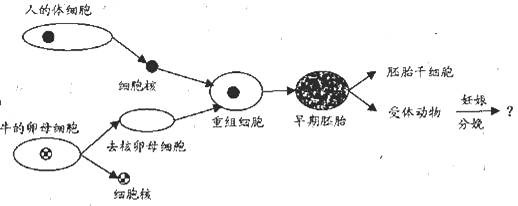问题
多项选择题 案例分析题
病历摘要:患者女性,41岁,咳嗽、咳痰1月,咳少量粘稠痰,伴盗汗、乏力,期间曾有高热、咯血,无胸痛、气促,曾在当地医院予“阿莫西林”、“环丙沙星”等抗炎治疗1周,症状一度减轻。近2周来上述症状又反复,无发热,遂入院诊治。起病以来,患者精神、食欲欠佳,大小便尚正常。既往有糖尿病病史3年。血常规:WBC9.1×109/L,N0,72RBC335×1012/L,Hb9.7g/L。
关于PPD皮试,以下不正确的有哪些?()
A.一般选择左侧前臂曲侧中上部1/3处,0.1ml(5IU)皮内注射
B.PPD皮试后48~72h观察和记录结果,测量红晕的横径和纵径,计算平均直径=(横径+纵径)/2
C.一般来说,PPD皮试结果阴性的儿童,可以除外结核病
D.结核性脑膜炎患者PPD皮试结果多10mm以内
E.PPD皮试结果呈强阳性反应可确诊结核病
答案
参考答案:B, E

